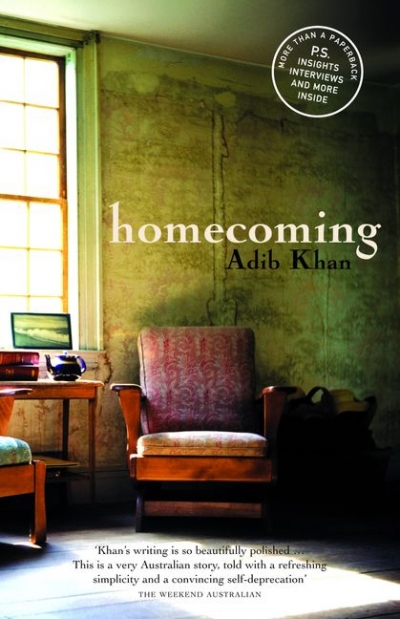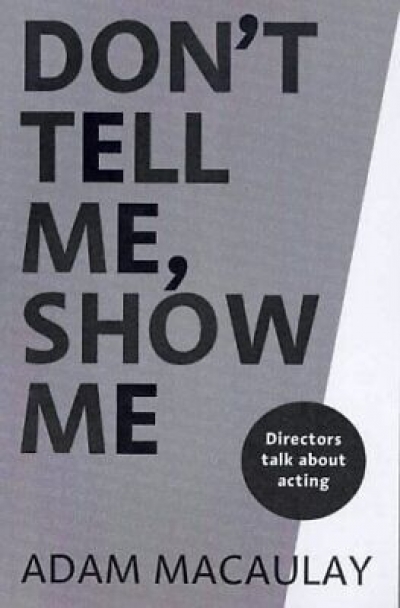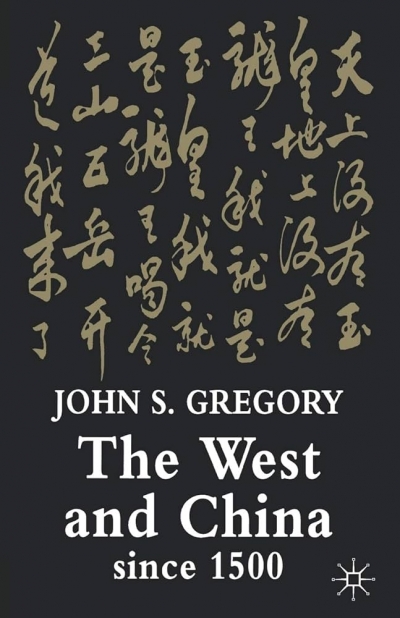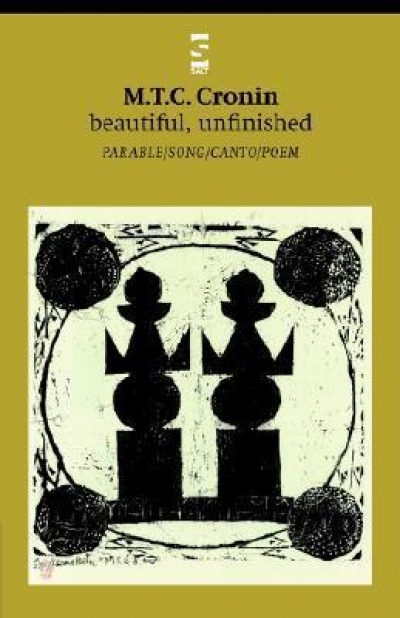This is a fascinating, inspiring and disquieting book. It is fascinating because it succeeds so well in its comprehensive overview of policy making and policy intentions during the Hawke government (1983–91). That success derives from the unparalleled mix of insiders (former ministers, public servants, leaders of unions and NGOs), journalists and academic analysts, though the voice that is notably absent is that of business. Inspiration comes when one can see, beyond the obsession with pragmatism and economic reform, glimpses of a genuine ‘third way’ in the development of social capital. Disquiet arises because so many of the contributors fail to see how they created the social malaise that dogged the final years of the Labor government, and how, in abandoning the ‘old’ ideologies, they prepared the ground for the profoundly ideological and destructive government that would follow.
...
(read more)










